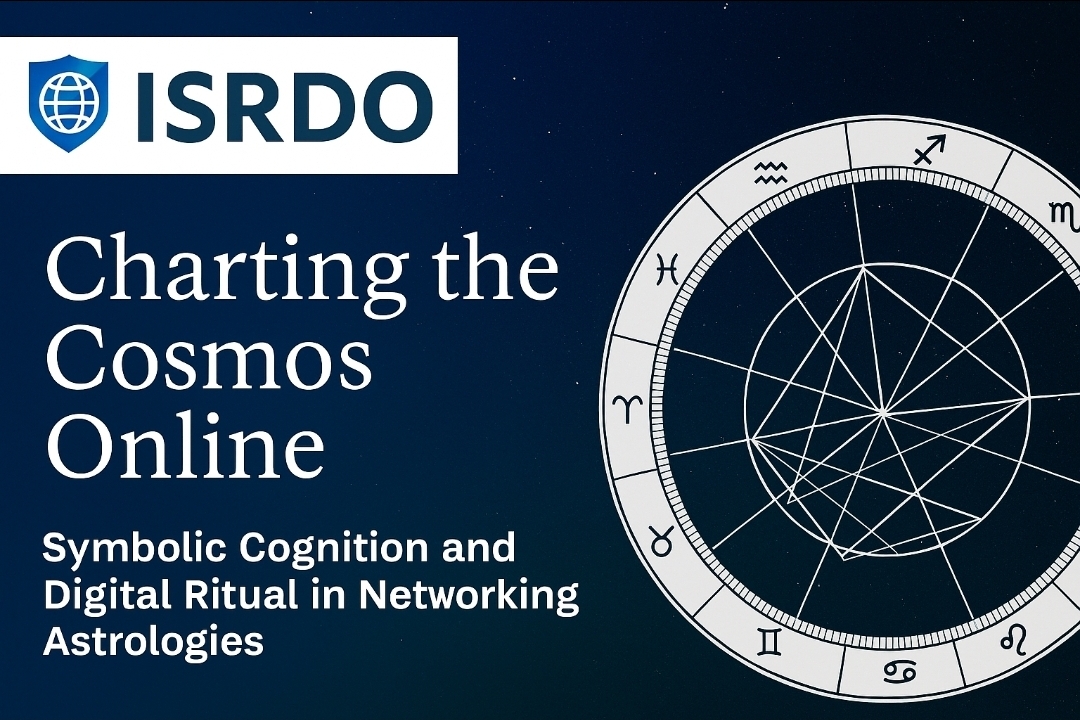
Psychology
Psychology is the science of mind and behavior. Psychology
includes the study of conscious and unconscious phenomena, as well as feeling
and thought. It is an academic discipline of immense scope. Psychologists seek
an understanding of the emergent properties of brains, and all the variety of
phenomena linked to those emergent properties, joining this way the broader
neuro-scientific group of researchers. As a social science, it aims to
understand individuals and groups by establishing general principles and
researching specific cases.
In this field, a professional practitioner or researcher is
called a psychologist and can be classified as a social, behavioral, or
cognitive scientist. Psychologists attempt to understand the role of mental
functions in individual and social behavior, while also exploring the
physiological and biological processes that underlie cognitive functions and
behaviors.
Psychologists explore behavior and mental processes,
including perception, cognition, attention, emotion, intelligence, subjective
experiences, motivation, brain functioning, and personality. This extends to
interaction between people, such as interpersonal relationships, including
psychological resilience, family resilience, and other areas. Psychologists of
diverse orientations also consider the unconscious mind. Psychologists employ
empirical methods to infer causal and correlational relationships between
psychosocial variables. In addition, or in opposition, to employing empirical
and deductive methods, some—especially clinical and counseling psychologists—at
times rely upon symbolic interpretation and other inductive techniques.
Psychology has been described as a "hub science" in that medicine
tends to draw psychological research via neurology and psychiatry, whereas
social sciences most commonly draws directly from sub-disciplines within
psychology.
- Attention and Perception
- Intelligence and Creativity
- Motivation
- Emotions
- Stress and Well-Being
- States of Consciousness
- Learning
- Memory
- Cognition
- Nature and Methods of Physiological Psychology
- Nervous System: Structure and Function
- Endocrine System
- Nature of Psychological Research
- Steps in Psychological Research
- Hypothesis
- Problem and Variables
- Experimental and Non-experimental Research
- Observation
- Qualitative Analysis
- Quantitative Analysis
- Application of Measure of Central Tendencies and Variability
- The Normal Curve
- Non-parametric and Parametric Statistics
- Life Cycle Approach to Development
- Social and Cultural Context in Human Development
- Culture and Human Development
- Cognitive Development
- Emotional and Social Development
- Development Concerns during Adolescence
- Early Youth and Adulthood.
- Problems of Ageing
- Problems and Issues of Human Development in the Indian Context
- Social Perception and Cognition
- Attitudes
- Prejudice and Discrimination
- Group and Leadership
- Cultural Psychology
- Inter-group Conflict
- Theoretical and Methodological Issues in Self and Personality
- Empirical Theories in Personality
- Self in Psychoanalysis
- Personality
- Gena Theory of Personality
- Environment and Behaviour
- Psychological Approaches to Environment
- Ecology and Development
- Demography
- Environment Assessment
- Environmental wisdom:
- Social Support and Community Psychology
- Social Ecology and Community Psychology
- Community Participation and Social Change
- Diversity and Multiculturalism
- Nature and Scope of Human Assessment
- Parameters of Assessment
- Psychological Scaling; Methods of Scaling
- Principles of Psychological Test Construction
- Types of Psychological Tests
- Assessment of Psychopathological Behaviour
Recent Published
Submit Manuscript
To give your manuscript the best chance of publication, follow these policies and formatting guidelines.


